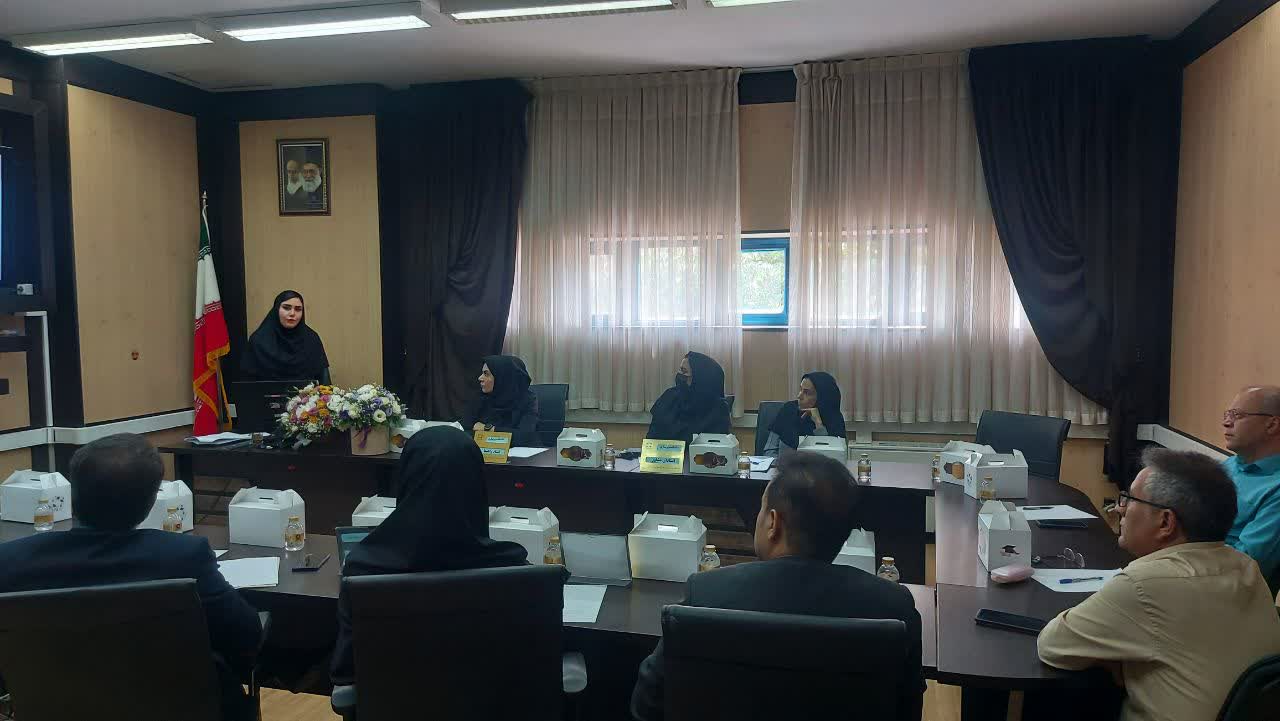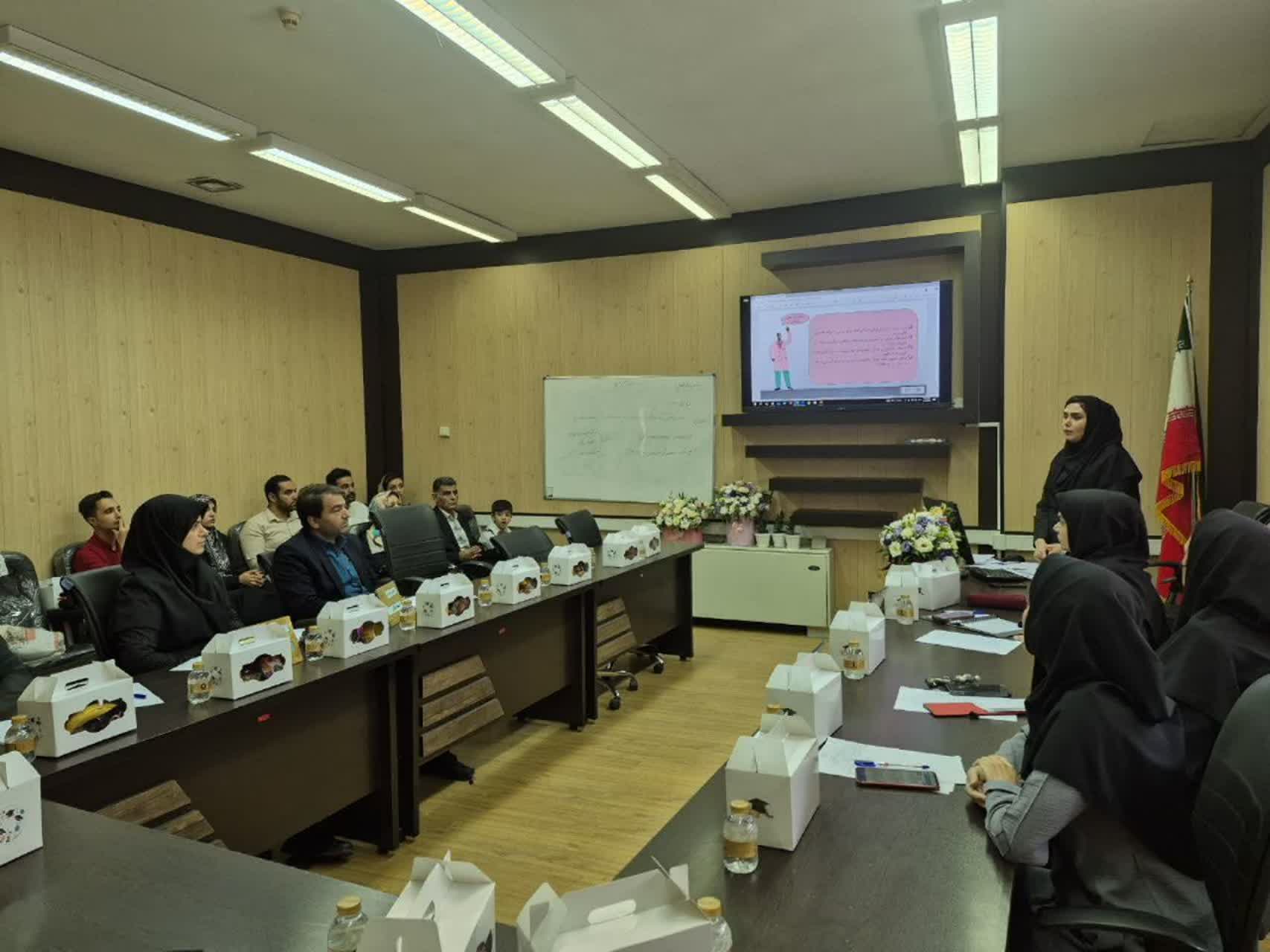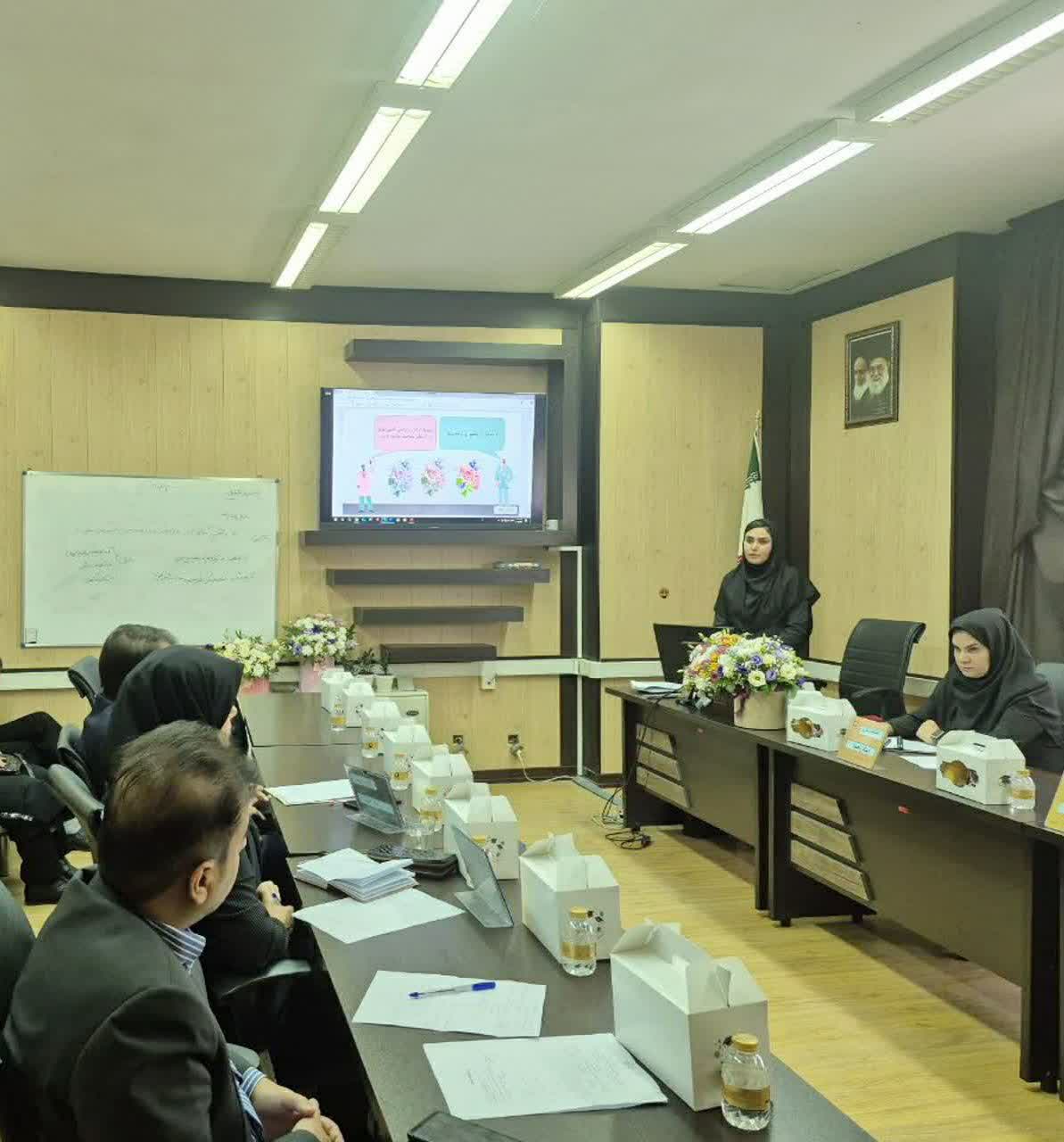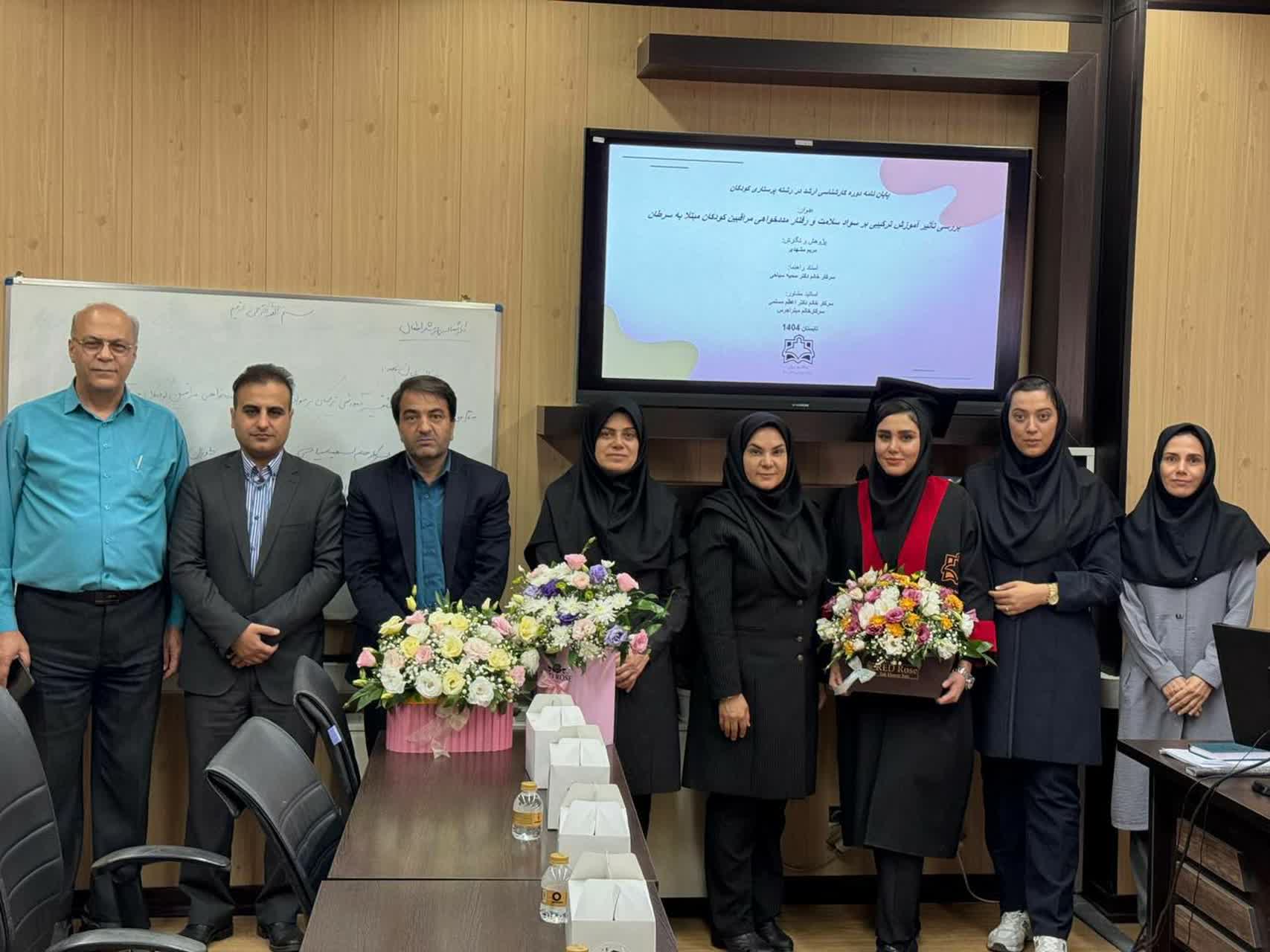Investigating the effect of blended learning on health literacy and help-seeking behavior of caregivers of children with cancer




Student name: MS. Maryam Mashhadi
Supervisor: Dr Sayahi
Advisors: Ms jaras- Dr Moslemi
Defense date:2025/9/14
Title:
Investigating the effect of blended learning on health literacy and help-seeking behavior of caregivers of children with cancer
Abstract
Introduction
Childhood cancer poses significant challenges to healthcare systems, impacting not only the affected child but also their primary caregivers, typically parents, who face profound psychological, emotional, and physical burdens. Health literacy and help-seeking behavior are critical components in empowering caregivers to manage the disease and enhance quality of life. Health literacy encompasses the ability to access, understand, evaluate, and apply health information, while help-seeking behavior refers to actions taken to obtain formal or informal support. This study aimed to evaluate the effect of blended education (combining in-person and online methods) on health literacy and help-seeking behavior among caregivers of children with cancer in Arak, Iran.
Methods
This study was an educational trial with a pre-test and post-test design conducted on 80caregivers of children with cancer at Ayatollah Khansari Hospital in Arak. Participants were randomly assigned to an intervention group (receiving blended education, including in-person sessions and online content) and a control group (receiving routine care). Data were collected using the Health Literacy Instrument for Adults (HELIA) and a help-seeking behavior questionnaire. The intervention was implemented over four weeks, with data collected at three time points )baseline, three weeks’ post-intervention, and one-month post-intervention) and analyzed using statistical tests such as t-tests and ANOVA.
Results
The results indicated that the mean total health literacy score in the intervention group significantly increased post-intervention (three weeks: 136.20 ± 8.45; one month: 134.32 ± 7.07), while it slightly decreased in the control group (three weeks: 118.52 ± 10.22; one month: 118.82 ± 11.31) (p < 0.05). In the dimensions of health literacy (reading, access, understanding, and
decision-making), the intervention group showed significant improvement, but in the evaluation dimension, the control group exhibited greater improvement. Help-seeking behavior increased more in the control group (three weeks: 41.15 ± 3.59; one month: 40.92 ± 3.85) compared to the intervention group (three weeks: 37.92 ± 6.54; one month: 37.95 ± 5.09) (p < 0.05).
Conclusion
Blended education effectively improved health literacy across various dimensions among caregivers of children with cancer, but its impact on help-seeking behavior was less than expected. These findings suggest that blended education is a valuable tool for enhancing health literacy, but help-seeking behavior may be influenced by cultural and social factors, such as informal interactions. Future interventions should incorporate social support and leverage modern technologies to optimize outcomes.
Key Words:
Health literacy, help-seeking behavior, blended education,
